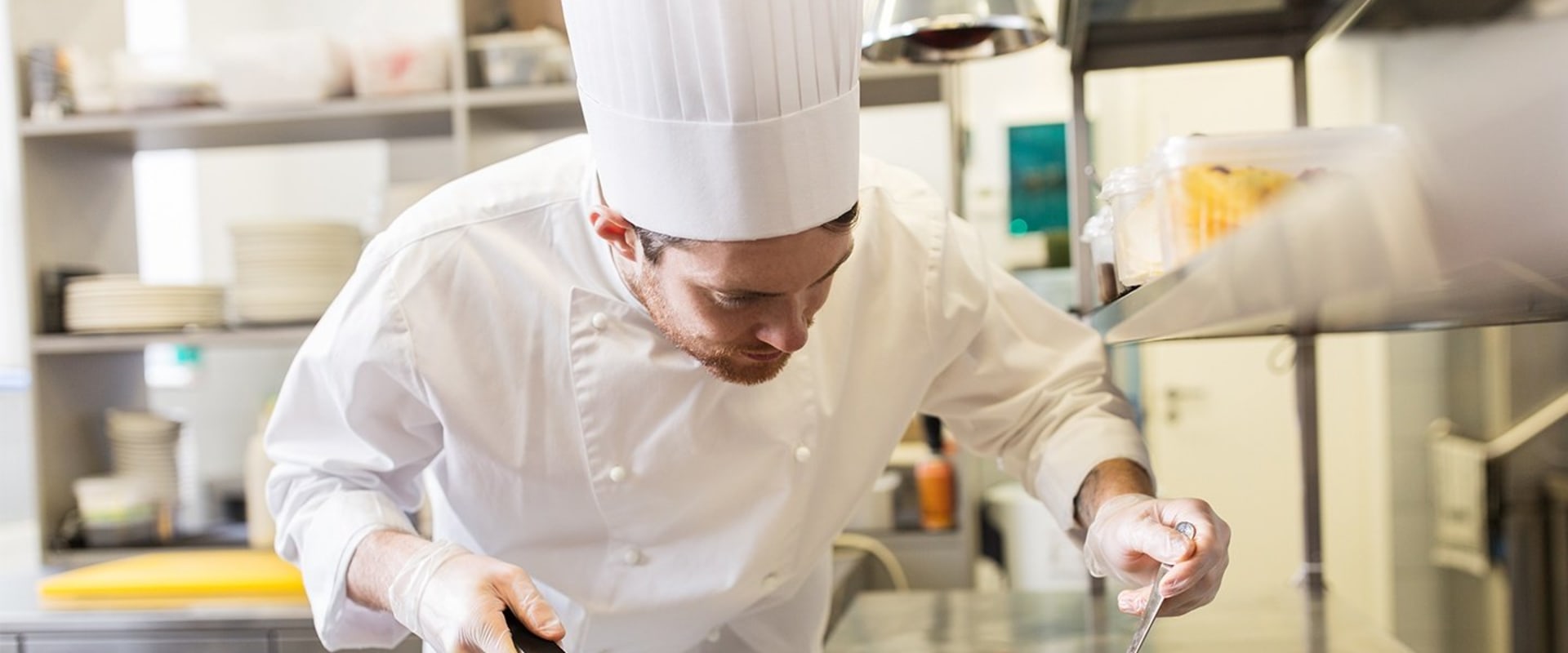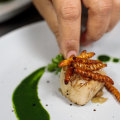The key to haute cuisine is to find the right balance of flavors and ingredients in a dish, and the beverage that accompanies the meal plays an important role in the overall balance. The right wine can bring out the best flavors of a dish, while a poor choice will emphasize the food's undesirable qualities. Haute cuisine is a French term that literally translates to “haute cuisine”. When you imagine dining at high-end restaurants today, you're most likely thinking about some of the key elements of haute cuisine.
In 1651, chef La Varenne wrote Le cuisinier François, considered the basis of modern French cuisine. This influential book was one of the first to establish codified and systematized rules and principles for food preparation. Royal chefs adopted this new haute cuisine, aided by the royal privilege that exempted them from the union system that controlled professional French cuisine. During the 20th century, and in particular in the years after World War II, French haute cuisine (haute cuisine, that is, foods with the highest standards) was considered the ultimate in exquisite culinary experiences.
In recent decades, modern haute cuisine has become a hybrid of these two variants, maintaining its emphasis on tasty flavors and expert technique, while prioritizing fresh seasonal ingredients. While a haute cuisine menu would include sauces for numerous dishes, including vegetables and main courses, nouvelle cuisine would tend to avoid the unnecessary heaviness that fats, sugars, starches and salt add to dishes. During Escoffier's time, haute cuisine remained a hallmark of the rich and inaccessible to most others. Most culinary institutes and professional cooking schools teach students the basics of haute cuisine, but formal education is usually not required.
It's almost impossible to be part of the culinary world, especially its French-inspired niches, without hearing the term “haute cuisine”. The Disciples Escoffier International is a group focused exclusively on talking about French haute cuisine and bringing together culinary professionals, from professionals to students, through organized events. Let's talk about what the haute cuisine movement is, where it originated and what it looks like in today's culinary landscape. There's usually nothing too spicy or too sweet about haute cuisine, as the focus tends to be on symmetry and balance, making food a smooth and enjoyable experience.
However, some now use the phrase “haute cuisine” to distinguish any good cuisine, regardless of its origin. The techniques of haute cuisine, and the preparation time involved, made this style difficult for home chefs to handle, even in elegant French kitchens. And many restaurants use the fundamental principles of haute cuisine, some without even recognizing it. Haute cuisine was developed to please the most demanding palates with a tasty meal, and a lot of it.
And the great restaurants and chefs of French haute cuisine began to adapt their dishes — and their way of thinking — to the times.




Leave Reply